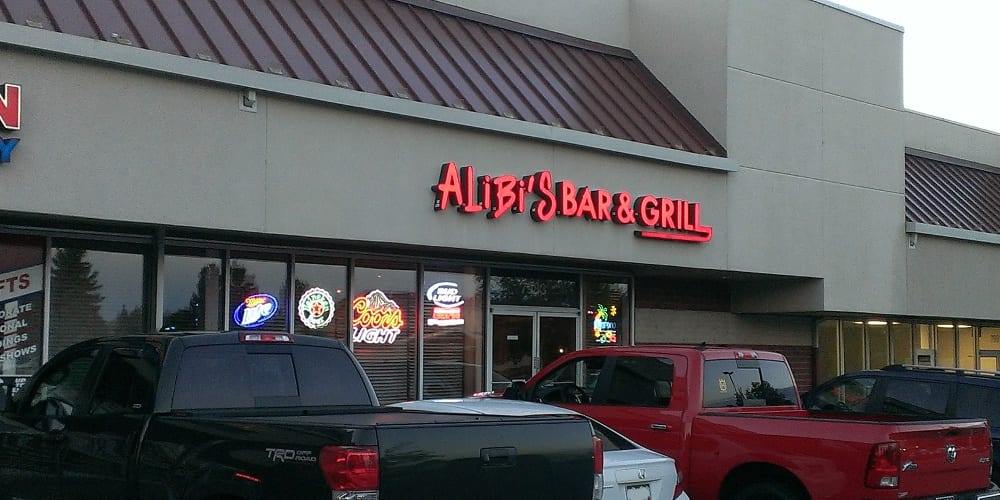The Alibi’s Bar & Grill | Alibis Bar And Grill Restaurant – Littleton Co
Alibis is a Littleton tradition dating back to 1988. We are known for our casual ambiance and friendly atmosphere but Oh, that Green Chili… You Know It… You Love It…You’ll Come Back For More.
We have Karaoke, Darts,
Texas Hold’em, Pool Tables, Games, and Daily Food & Drink Specials
Alibis is the place for food, fun & good times with friends.







TAG: alibi bar and grill, alibi’s bar & grill, alibis bar and grill, alibi bar & grill, alibis bar, alibis grill
- alibi’s bar & grill
- alibi bar and grill
- alibi bar & grill
- alibis grill
- alibis bar and grill
- alibis restaurant
- alibis bar
- alibi grill
- alibi bar & grill photos
- alibi denver
- alibi bar and lounge
- alibi bar & cafe
- the alibi bar & grill
- lit’l bit bar & grill
- the alibi bar corydon indiana
- the alibi bar
- alibi bar
- alibi hours
- littleton co bars
- the alibi bar and grill
- sherwood bar and grill
- the alibi restaurant
- alibi pub
- alibi bar & place
- your alibi’s bar and grill
- alibi restaurant
- the alibi bar and lounge
- bars littleton co
- alibi karaoke
- alibi denver
- alibi sports bar
ALIBI’S BAR & GRILL
- 7983 South Broadway, Littleton, Colorado 80122, United States
- 303.730.0123

